What is the science of the edge of the universe?
First, there is the question of the local laws satisfied by the various physical fields. These are usually expressed in the form of differential equations. Secondly, there is the problem of the boundary conditions for these equations, and the global nature of their solutions. This involves thinking about the edge of space-time in some sense. These two parts may not be independent.
—Stephen Hawking and George Ellis (1973)
The edge of the universe is a fantastical concept expressing the farthest limits of our imagination. It is also an example of a boundary: those remarkable points that are not quite inside a region, and not fully outside it either, but conceptually circumscribe it.
To philosophers and physicists, the edge of the universe hides some of our biggest questions: what does it mean to describe the conditions at the boundary of the universe? What do our best scientific theories currently say about it? How can we know anything at all about the universe’s boundary, and of what use is it? These questions are part of an emerging study of the boundary conditions of the universe. Answering them requires creative and rigorous thinking informed by a combination of scientifically informed philosophy, as well as philosophically informed science.
The Philosophical Foundations of the Edge of the Universe project is an interdisciplinary programme of research that combines elements of philosophy, physics, and mathematics in order to study the nature of boundaries as applied to the universe as a whole. We are led by Professor Bryan W Roberts, philosopher of physics and author of Reversing the Arrow of Time, in collaboration with Bristol philosopher of physics Karim Thébault, and hosted by the LSE Centre for Philosophy of Natural and Social Sciences (CPNSS), a world-leading research centre for the philosophy of physics since its founding by philosophers of physics Nancy Cartwright, Karl Popper, and John Worrall.
This project is funded by a Consolidator Grant awarded by the European Research Council (ERC).


